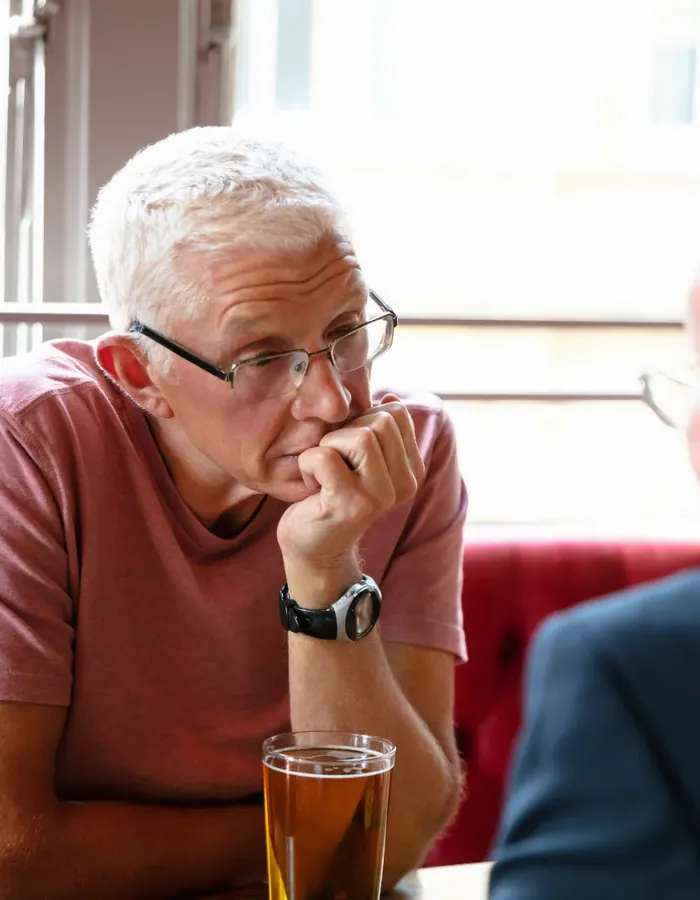This website uses cookies to improve your experience. Our Privacy Policy
Mental health and wellbeing at every age
With age comes wisdom. But being older doesn’t mean you don’t need help, especially when it comes to matters of mental health. Although studies on the impact of mental and psychological stress were taking place as early as the 1930s, it wasn’t until the 1950s that the notion of stress really entered the discourse in the health sphere. As awareness of mental injury and illnesses increased, individuals showing signs of stress or neuro-diversity were often feared or punished with cruel treatments or institutionalization. Right up until the turn of the century, stigma has been attached to issues of mental health.
Society has increasingly acknowledged that young people need to learn strategies and skills to build and maintain healthy habits to balance their lives and preserve their wellbeing. But what about the rest of us, the older generations, who may be coping with a greater weight of responsibilities, both physical and emotional? Older adults need support too!
There is very little take-up on mental health support by people in what is known as the “Silent Generation”. This moniker applies to people born after 1945 who grew up either during or post war, where conflict and conscription were real threats, and the general population was suffering from economic hardship. Growing up rigid societal norms mandated their acceptable choices about education and careers, relationships and leisure pursuits. The characteristics of discretion, humility, and stoicism were held high as virtues.
Conversely, showing vulnerability or weakness was discouraged and emotional responses judged poorly. Is it any wonder this generation experience loneliness and depression at a higher rate than any other?
Baby Boomers, born between 1946 – 1964, inherited these values from their Silent Generation parents. Many would prefer to struggle with mental health issues rather than face stigmatism. Some may have viewed treatment, therapies and medication with skepticism, and digital tools that could help mental health may present a barrier for people who aren’t comfortable with technology.
But we know now, to live a good life, you need to take care of your physical, social and mental health. Your Side supports you with practical and physical services, and care for your heart and head too. And, with all of our services, we place you and your individual needs and preferences at the centre of what we do.

Emotional support for life transitions
Older people are at heightened risk for anxiety and depression, particularly when they are experiencing physical illness, dementia, disability, or difficult life experiences such as bereavement, or social isolation.
Our counselling and coaching services support:
- Seniors, people over 50
- Family caregivers, juggling their own children, jobs and responsibilities
- People navigating grief, aged care transitions, or burnout
Maybe you are a member of the “sandwich generation”, juggling the responsibilities of caring for your parents as well as looking after your own children. Or you could be a senior person who is caring for a partner or a friend.
When you’re managing appointments and the life-admin of health care and aged care, whether it’s for yourself or a loved one, it can lead to exhaustion and emotional burnout. It can help to speak to someone and know that you’re not alone. Our professionals have specialised skills in psychological support to help you heal and learn how to protect yourself from burnout.
The skills you learn stay with you, and you can implement them whenever you feel like you are struggling. The Coaches and Counsellors are available if you need further support, because life has many highs and lows and sometimes you need extra tools. Coaching and Counselling is done on your terms; you are in control of what happens in the sessions.






